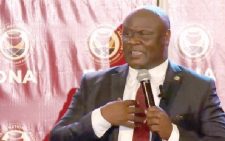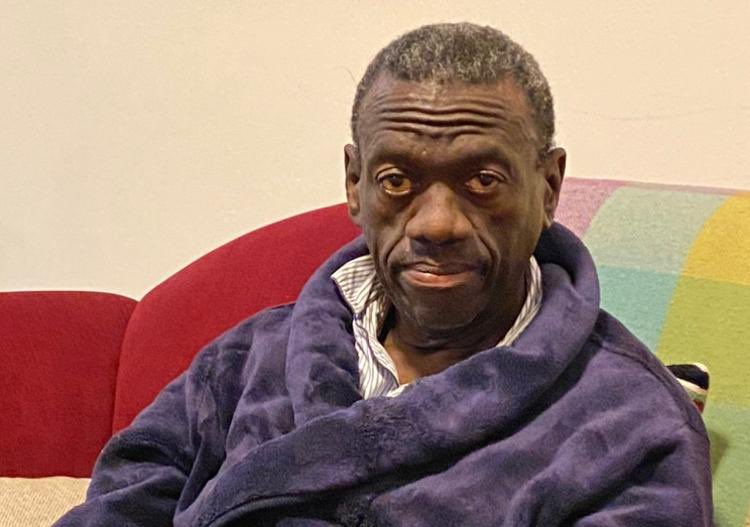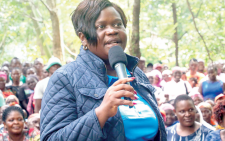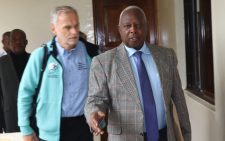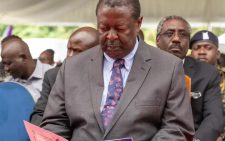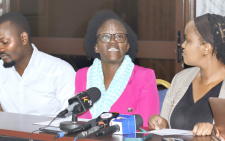Musician wants prominent farmer Kebenei exhumed for DNA test to prove paternity

An Eldoret-based gospel musician Alex Fernandes has gone to Court seeking an order to have the remains of a prominent farmer Michael Kebenei, who died in 2002, exhumed in order to facilitate a DNA test to prove that the deceased was his biological father.
Fernandes, popularly known by his stage name King Clan B, is locked in an inheritance dispute with the deceased’s family which has disowned him.
At stake is the deceased’s piece of land in Kapseret, Uasin Gishu county, measuring 40 acres and valued at more than Sh100 million.
The musician maintains that he was sired by the deceased and is therefore entitled to some of his estate.
“The deceased was my biological father, I was only 16 years and efforts to get a share of the estate as his son have been thwarted by my step-mother who has termed claims that I am a stranger to the family,” he argues in court papers.
He wants the ruling on the succession case deferred until the DNA application is heard and determined.
The case is before Eldoret High Court judge, Justice Robert Wananda.
The musician argued that if the succession matter which has been in court for more than three years is determined before the outcome of the DNA, he will suffer prejudice.
In the case, Lilian Kebenei is listed as the first respondent and Justine Kipleting as the second respondent.
In their replying affidavit,
Kebenei denies any knowledge of Fernandes’ alleged mother, identified in court papers as Jennifer Lwenda (deceased).
Kebenei, together with her son Justin Kipleting, are administrators of the estate in dispute.
Kebenei maintains that the property in dispute has already been subdivided and shared among all the beneficiaries who have already registered their shares in their names.
She argues that the musician’s application lacks merit and should be dismissed with costs.
She also objects to the application for DNA claiming that if there was a need for the same, it could have been done at the onset of the case.
“The applicant should not be allowed to disturb the dead. I wondered why it took the objector 18 years after the death of the deceased to come up with such a claim,” she said.
